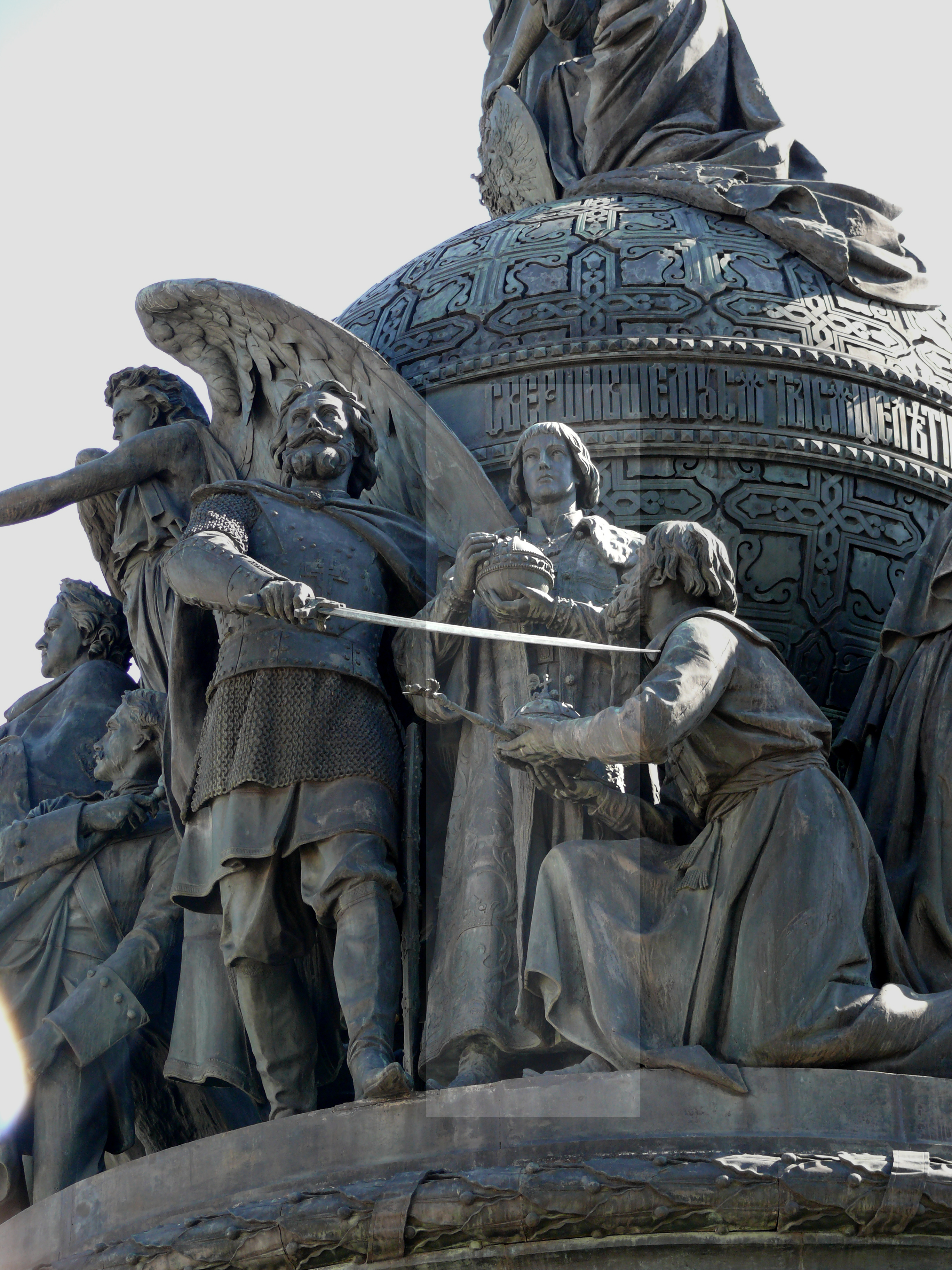”Den
svenske tsaren” by Alexej Smirnov is a book about a Swedish military
intervention in Russia. Yes, you heard me right, skipper! Of course, the
intervention wasn´t yesterday. It took place during the so-called Time of Troubles
in early 17th century Russia, when that country was essentially a failed state.
Millions of people died during a famine caused by sudden climate change,
Poland-Lithuania and Sweden invaded Russian territory (both Swedes and Poles actually
reached Moscow!) and a number of pretenders to the Czarist throne, known as
”the false Dmitris”, marched through the
country backed by Cossack troops, looting and burning as they went. Smirnov´s book
(only available in Swedish) tries to sort out ”the great disorder” (as the
period is called in Sweden) the best he can. It´s not a very pretty or
edifying story, but rather a typical game of thrones in which the civilian
population always comes up short, killed or victimized by rapacious troops
(including ”allied” ones).
At the
time, Sweden was ruled by Karl IX, while Poland was controlled by his nephew
Sigismund who had also been Swedish king until Karl deposed him. Karl feared that
Sigismund´s successful intervention in Russia would turn that country into a
Polish asset. Rather than sit idly by and let this happen, the Swedes offered their
services to anti-Polish Russian factions. While geopolitics and trade were the
main reasons behind the conflict, a religious dimension certainly lurked in the
background. Sigismund was a Catholic and closely cooperated with the Jesuits,
while Karl was a Lutheran with Calvinist tendencies. Russia was neither and
insisted on keeping their own Orthodox Church. The most hard-line Russians feared
that their country would be forced to adopt either Catholicism or Lutheranism
in the event of an alien victory. When the game of thrones was at its height,
an assembly of Russian nobles and notables actually offered to make a Swedish
prince Czar of Russia! The prince in question was Karl Filip, son of Karl IX and
brother of Karl´s successor at the Swedish throne, the famed Gustavus Adolphus
(Gustav II Adolf).
In the end,
nothing came out of it. While Smirnov implies that world history could have
taken a very different course, his own book suggests the opposite. First,
Sweden wasn´t *that* interested in making the young prince Czar of all the
Russias (or what was left of them). The main priority was always to secure strategically
important border regions and thereby cut off Russia from the Baltic Sea (and
the lucrative Baltic trade). Securing a pro-Swedish regime in Moscow was ”plan
B”. Also, a Swedish prince as Russian ruler could have created a ”Sigismund
situation” whereby a foreign monarch could make more or less legitimate claims
on the Swedish throne – not a cherished prospect in Stockholm. I think Sweden
was content when Russia defeated the Polish invasion forces while the Swedes were
granted territorial concessions in Karelia, Ingria and so on. It´s not even clear
whether Sweden had the resources for another military expedition to Russia –
judging by the book, the mercenary soldiers always mutinied due to insufficient
payment, large portions of the border regions had been laid waste by plunder already,
and the people of Finland (then part of the Swedish kingdom) were sick and
tired of financing the upkeep of large armies stationed in their provinces.
When the Cossacks forced the boyars to elect Mikhail Romanov Russian Czar,
Sweden didn´t have much choice than to acquiesce.
The author seems
obsessed with the idea that Sweden should have become part of a larger union,
either with Russia or with Poland-Lithuania. He constantly refers to Sigismund
as the ”legitimate Swedish king”, as if any 16th century Swedish king was ”legitimate”
– the entire Swedish kingdom was ”illegitimate” in itself by overthrowing Christian
II, the last king of the Kalmar Union. But then, who knows, maybe Smirnov likes
the Kalmar Union…or the European Union. (Sigismund wasn´t legitimate in the
narrow sense either, but that´s for another time.)

No comments:
Post a Comment